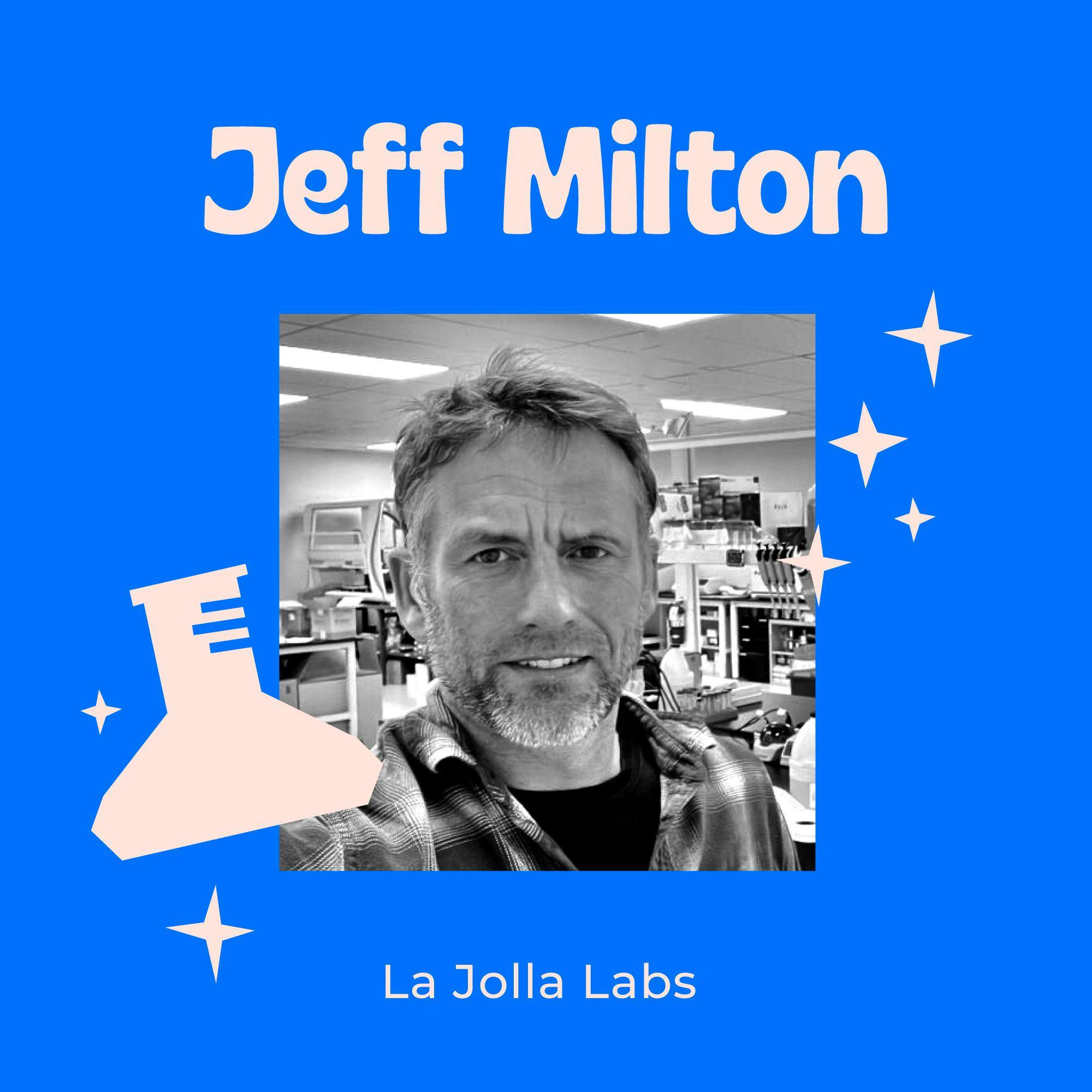- Culture
- SEE MORE
- classical
- general
- talk
- News
- Family
- Bürgerfunk
- pop
- Islam
- soul
- jazz
- Comedy
- humor
- wissenschaft
- opera
- baroque
- gesellschaft
- theater
- Local
- alternative
- electro
- rock
- rap
- lifestyle
- Music
- como
- RNE
- ballads
- greek
- Buddhism
- deportes
- christian
- Technology
- piano
- djs
- Dance
- dutch
- flamenco
- social
- hope
- christian rock
- academia
- afrique
- Business
- musique
- ελληνική-μουσική
- religion
- World radio
- Zarzuela
- travel
- World
- NFL
- media
- Art
- public
- Sports
- Gospel
- st.
- baptist
- Leisure
- Kids & Family
- musical
- club
- Health & Fitness
- True Crime
- Fiction
- children
- Society & Culture
- TV & Film
- gold
- kunst
- música
- gay
- Natural
- a
- francais
- bach
- economics
- kultur
- evangelical
- tech
- Opinion
- Government
- gaming
- College
- technik
- History
- Jesus
- Health
- movies
- radio
- services
- Church
- podcast
- Education
- international
- Transportation
- Other
- kids
- podcasts
- philadelphia
- Noticias
- love
- sport
- Salud
- film
- and
- 4chan
- Disco
- Stories
- fashion
- Arts
- interviews
- hardstyle
- entertainment
- humour
- medieval
- literature
- alma
- Cultura
- video
- TV
- Science
- en
Developing Personalized Therapeutics for Ultra Rare Patients with La Jolla Labs CEO Jeff Milton

b"ONCE UPON A GENE - EPISODE 189\\nDeveloping Personalized Therapeutics for Ultra Rare Patients with La Jolla Labs CEO Jeff Milton\\n\\nJeff Milton is the CEO of La Jolla Labs, a cutting edge RNA therapeutics company that's developing personalized therapeutics for ultra-rare patients. They combine AI, next generation sequencing and RNA biology to generate therapeutics faster.\\xa0\\n\\n\\nEPISODE HIGHLIGHTS\\n\\nCan you tell us about yourself and the work you're doing?\\nI've been in RNA therapeutics for 15 years. I took the opportunity to lead La Jolla Labs as CEO. We are taking the lab that was previously locked behind the doors of pharmaceutical companies and making it accessible to anyone in the world. We work directly with foundations and academic groups. We have partnered with n-Lorem Foundation to discover personalized ASO medicines for nano-rare patients.\\xa0\\n\\nHow are groups taking control over drug discovery?\\nParents and foundation leaders are accessing data and they're extremely motivated to learn. We provide the first step for them to determine their target and what can be done. We look at the targets and provide several options for them to research and discuss with their scientific liaisons. The cost of discovery is going down and more and more people are going to take control of the discovery.\\n\\nDo the patient advocacy groups that come to you have a lot of money?\\nNo, they don't. Most of the groups come to us and we design a plan for their target and disease for free. They take it and build a proposal around it. We are an incubator in that we take the targets, apply models and give it back to them to raise money for the screenings.\\xa0\\n\\nHow does AI play a role in driving rare disease?\\nArtificial Intelligence will continue to be powerful, but access to data is the key to driving it. It takes a lot of structured data, so AI will eventually work, but there's not enough data right now. But there are things you can do right now like predicting activity for RNA, predict liver toxicity or cell activity in a rodent model. Eventually there will be enough data to link the clinical side to the early discovery side.\\n\\nWhat can parents and patient advocacy groups do to make it more efficient to access data?\\nClinical trials are expensive and pharmaceutical companies are resistant to doing it. If you can provide a lot of natural history data to use as their control group, that drastically lowers the cost. Being able to curate and organize that data within a foundation is hugely impactful.\\xa0\\n\\n\\nLINKS & RESOURCES MENTIONED\\nLa Jolla Labs\\nhttps://www.lajollalabs.com/\\nIonis Pharmaceuticals\\nhttps://www.ionispharma.com/\\nn-Lorem\\nhttps://www.nlorem.org/\\n\\n\\nTUNE INTO THE ONCE UPON A GENE PODCAST\\nSpotify\\nhttps://open.spotify.com/show/5Htr9lt5vXGG3ac6enxLQ7\\nApple Podcasts\\nhttps://podcasts.apple.com/us/podcast/once-upon-a-gene/id1485249347\\nStitcher\\nhttps://www.stitcher.com/podcast/once-upon-a-gene\\nOvercast\\nhttps://overcast.fm/itunes1485249347/once-upon-a-gene\\n\\nCONNECT WITH EFFIE PARKS\\nWebsite\\nhttps://effieparks.com/\\nTwitter\\nhttps://twitter.com/OnceUponAGene\\nInstagram\\nhttps://www.instagram.com/onceuponagene.podcast/?hl=en\\nBuilt Ford Tough Facebook Group\\nhttps://www.facebook.com/groups/1877643259173346/\\n\\nInterested in advertising on Once Upon a Gene? Email advertising@bloodstreammedia.com for more information!"